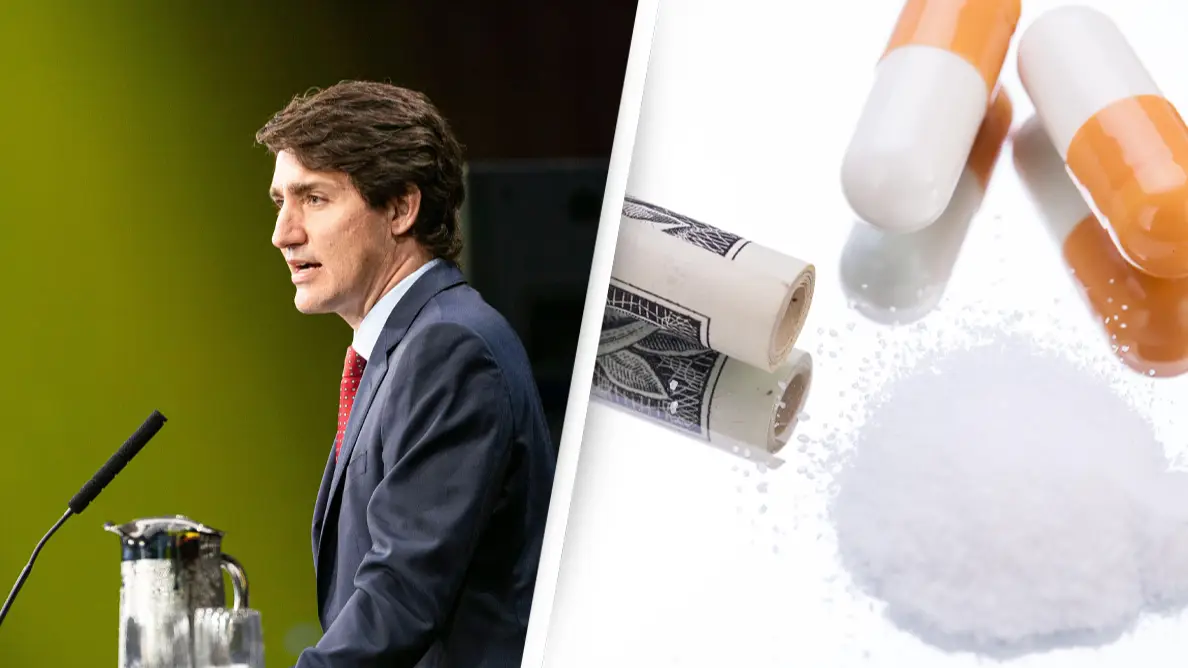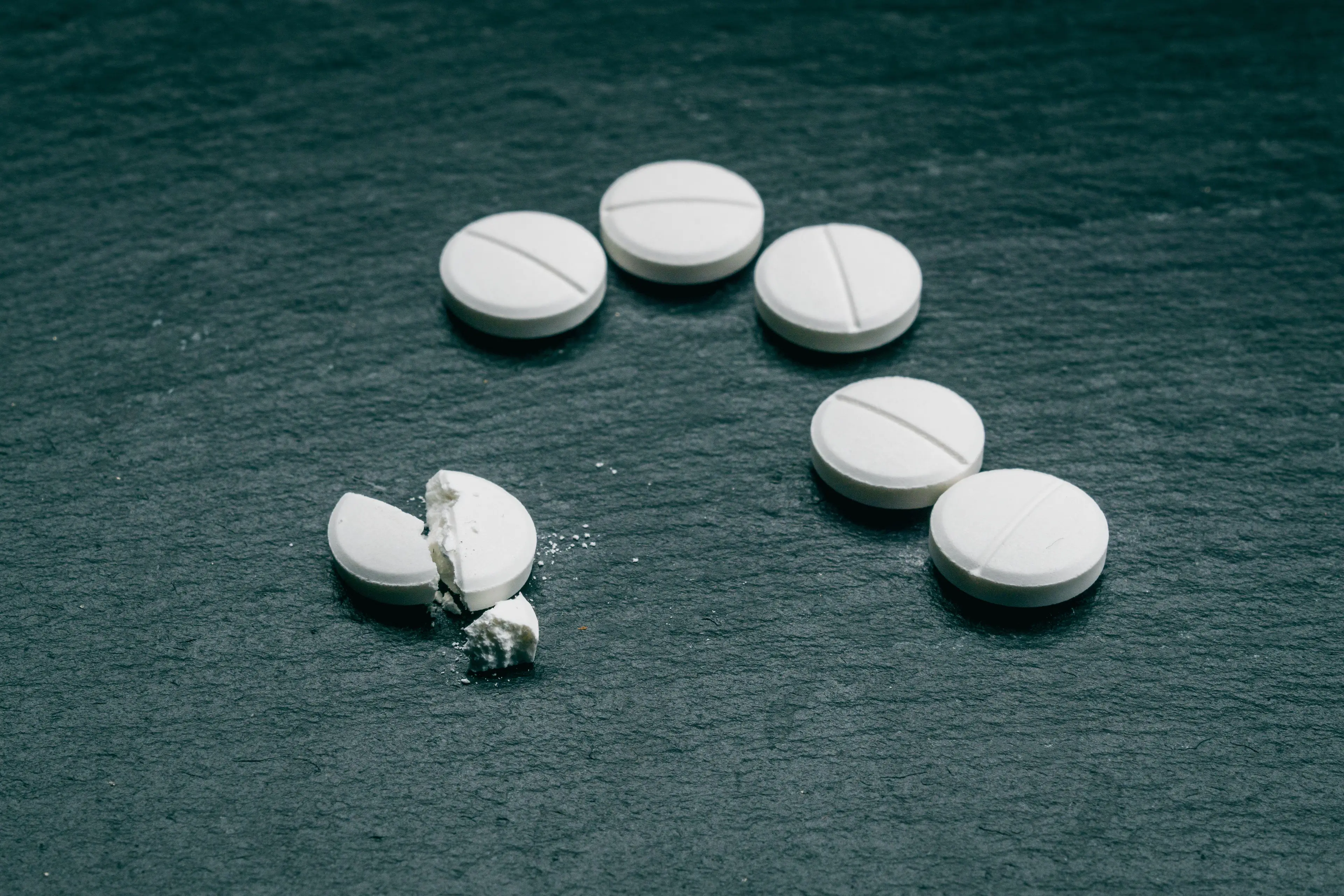
The Canadian government has announced plans to temporarily decriminalise the possession of cocaine and MDMA in British Columbia in a bid to tackle a growing drug abuse problem.
Adults found to be in possession of small amounts of illegal drugs like cocaine, methamphetamine, MDMA and opioids for personal use will not longer be arrested, charged, or have their drugs seized under the temporary measures, which are set to run in the province for three years.
The exemption will take effect from 31 January 2023 to 31 January 2026 following a request from British Columbia (B.C), and will apply to users aged 18 and over.
It comes after more than 9,400 overdose deaths were reported in B.C since 2016, when the province declared a public health emergency, with a record 2,224 deaths reports last year alone.
B.C asked for the exemption to apply to possession of up to 4.5 grams of illegal substances, but the Canadian government restricted the exemption to 2.5g in the hope it will be enough to ease fears those in need have of being arrested.
Advert
Carolyn Bennett, federal minister of Mental Health and Addictions, said in a news release: "Eliminating criminal penalties for those carrying small amounts of illicit drugs for personal use will reduce stigma and harm and provide another tool for British Columbia to end the overdose crisis."

Vancouver Mayor Kennedy Stewart has described receiving weekly emails about drug deaths, telling The Guardian there were nine deaths last week and 12 the week prior.
Those found to be in possession of the exempt illegal drugs will be offered information by police on available health and social supports, though the exemption will not apply to airports, schools and members of the Canadian military.
The province’s health officer, Dr Bonnie Henry, said the policy marks an 'important step forward to removing that fear and shame and stigma', adding that while not 'one single thing' will reverse the crisis, the exemption will 'make a difference'.
Dr Theresa Tam, Canada’s chief public health officer, also showed support for the exemption as she tweeted: “Stigma and fear of criminalization cause some people to hide their drug use, use alone, or use in other ways that increase the risk of harm. This is why the Government of Canada treats substance use as a health issue, not a criminal one."
Bennett explained the federal government will work with the B.C to analyse the exemption as it is carried out and may make real time adjustments if necessary.
If you have a story you want to tell, send it to UNILAD via [email protected]
Topics: Canada, Drugs, World News, Health, Crime